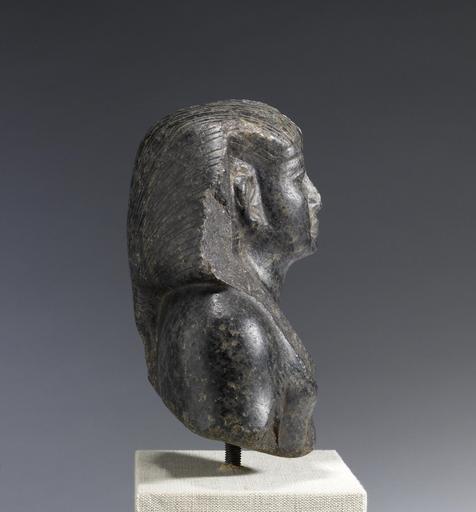MAKE A MEME
View Large Image

| View Original: | Egyptian_-_King_-_Walters_22351_-_Right_Side.jpg (1674x1800) | |||
| Download: | Original | Medium | Small | Thumb |
| Courtesy of: | commons.wikimedia.org | More Like This | ||
| Keywords: Egyptian - King - Walters 22351 - Right Side.jpg Both continuity and change are reflected in this portrait bust initially carved for a ruler of the Middle Kingdom and then re-carved for a New Kingdom monarch There was a marked change between the way late 12th Dynasty and mid 19th Dynasty kings were represented The pharaohs of the 12th Dynasty wished to present an experienced and careworn expression This is conveyed by heavy eyelids wrinkles and a firm set to the mouth The pharaohs of the 19th Dynasty however wanted their images to suggest youth vigor and confidence To transform a Middle Kingdom royal image into a New Kingdom one sculptors re-carved the face The eyes nose and forehead of this sculpture show evidence of reworking to erase signs of age while the corners of the mouth were deeply drilled to make the cheeks appear rounder and to bring the lips closer to the slight smile typical of 19th Dynasty royal sculpture Original work ca 1872-1806 BC ; Reworking ca 1250 BC Middle Kingdom; New Kingdom anorthosite gneiss cm 22 18 5 11 accession number 22 351 2362 Dikran Kelekian New York and Paris Henry Walters city Baltimore Walters Art Museum Henry Walters Acquired by Henry Walters 1912 Egypt in Africa Indianapolis Museum of Art Indianapolis 1996 place of origin Egypt Walters Art Museum license Ancient Egyptian statues in the Walters Art Museum Unknown pharaohs Media contributed by the Walters Art Museum needs category review | ||||